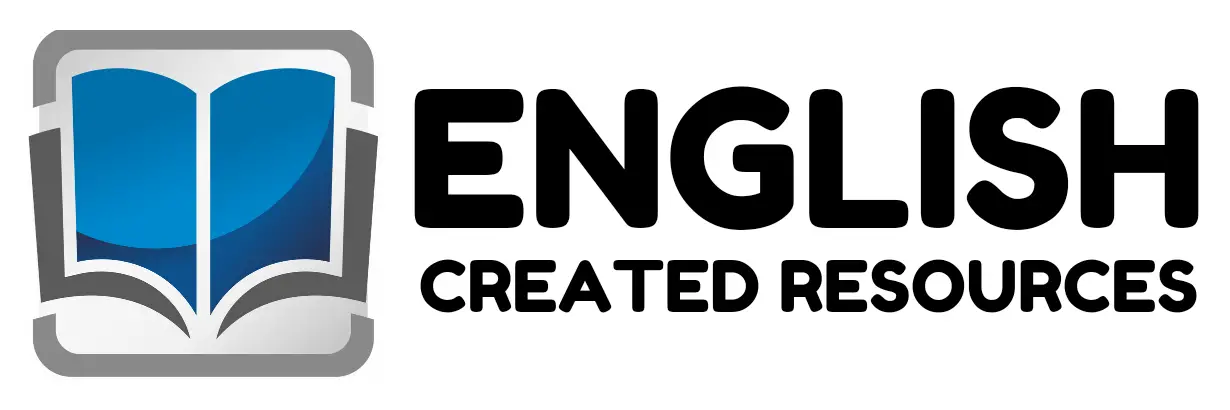Vocabulary
Animals Vocabulary Charts
Pupils will be able to identify different kids of Animals. They will know more words related to Animals, birds and insects.
Our vocabulary Charts For Kids will help them enrich their English Vocabulary and provide them with the most used English words. We also provide pictures that will help kids learn in an interesting and interactive way.
Your child’s vocabulary- what’s the big deal? Why is it important? It’s kind of amazing really as the research shows that when it comes to vocabulary, size does matter! Vocabulary means knowing and using words. It’s your child’s store of words. It provides the building blocks to language development. And vocabulary knowledge drives the development of grammar.
There’s strong evidence to connect vocabulary with your child’s later language and cognitive development. Having a large vocabulary at 24 months, has been linked to stronger performance on measures of maths, reading, and behaviour at age 5. Your child’s vocabulary growth is considered to be directly related to their overall success at school. The size of your child’s vocabulary predicts her ability to learn to read.
It gives your child the ability to say what he or she means. By having several words at their disposal for describing an event or emotion, they can be explicit when sharing their ideas and opinions.
It helps your child understand what other people are saying and what she/he is reading. Vocabulary is the foundation for comprehension. Unfamiliar words become holes in the text, preventing your child from completely understanding what he or she has just read.
It bolsters their ability to grasp ideas and think more logically. The greater number of words your child has, the more he or she can interpret ideas from others, and express their own ideas.
It boosts your child’s power of persuasion. Having a rich vocabulary will help your child communicate in a more engaging way. Relying on one or two words to describe an idea will be repetitive and not as persuasive, as relying on a vocabulary of 10-15 similarly descriptive terms.
It helps your child make a good impression on others. How articulate your child is constitutes a big part of the impression she or he makes on others.
Without a sufficient understanding of words students cannot understand others or express their own ideas.
Vocabulary is important across the curriculum from language arts and social studies to mathematics and science. It is intimately connected to both effective reading and writing skills, and these skills in turn are necessary for doing well in school.
Samples From the Charts
Research studies have shown that in most cases students have to see, read and interact with words 5-7 times before they are admitted to long-term memory. Words are more easily learned if your child is active – drawing a picture of the word, writing her own definition of it, and thinking of an example sentence to use it in. This is better than simply writing the word over and over again.
Since comprehension is the ultimate goal of reading, the importance of vocabulary development cannot be overestimated. A robust vocabulary improves all areas of communication — listening, speaking, reading and writing.




